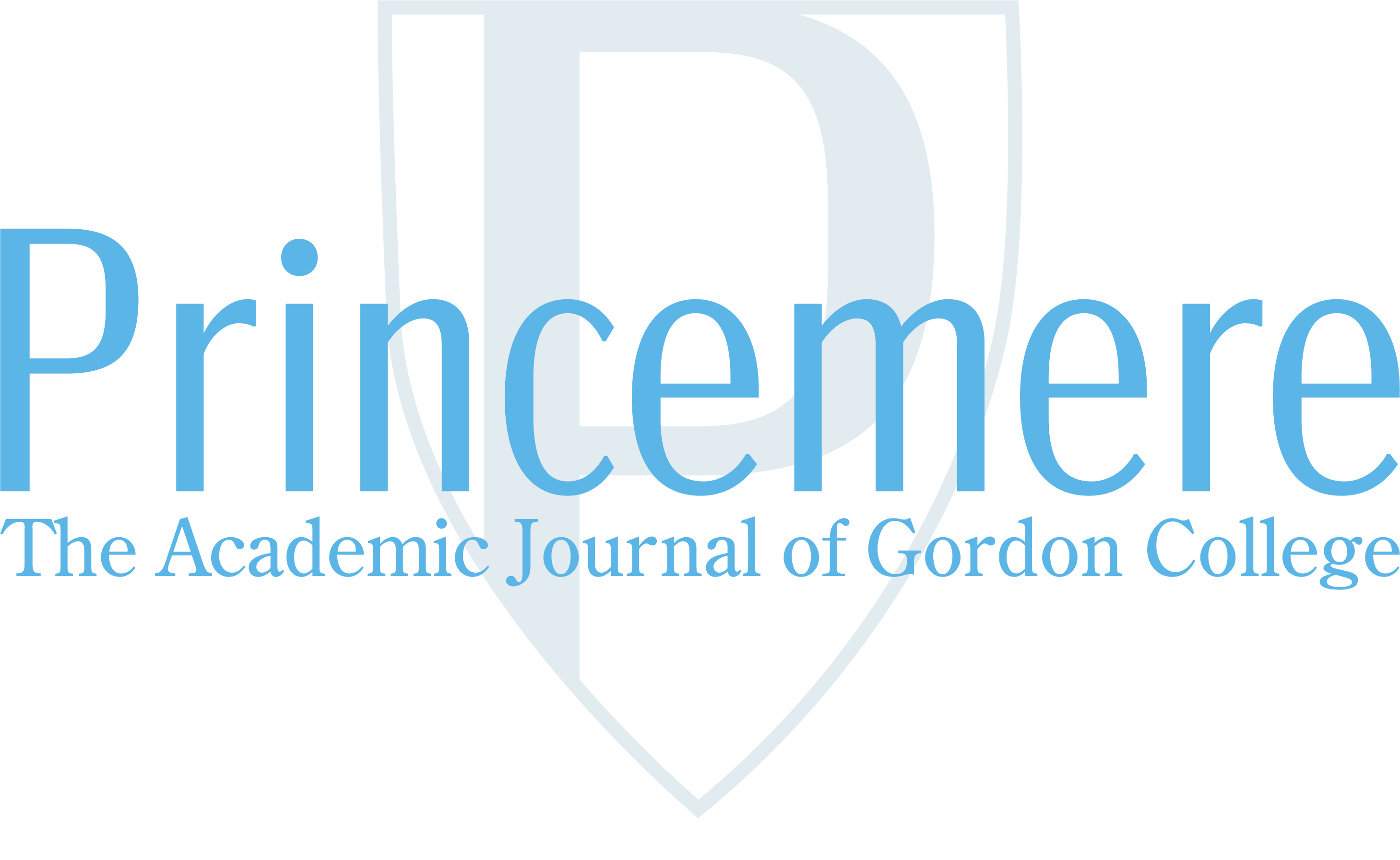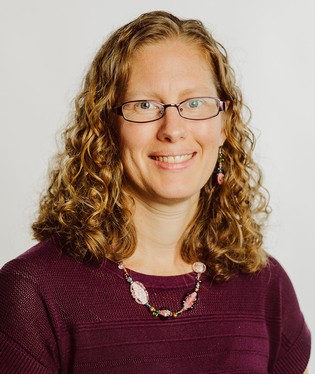Dr. Ellen Ballock is a Professor of Education at Gordon College. She received a Bachelor of Science in Elementary Education at Florida State University, and her Ph.D. in Philosophy for Education at The Pennsylvania State University. With both domestic and international experience, Dr. Ballock has taught in Florida, Maryland and Indonesia prior to teaching at Gordon. Her research interests include professional learning, teacher decision-making, and classroom assessment. Most recently, Dr. Ballock has taken an interest in the effectiveness of inquiry-based research in teacher education. This is a method where future educators are challenged to explore their personal questions and research in the classroom through implementation and reflection.
Dr. Ballock discusses the struggles and benefits of deploying an inquiry-based method, especially in a country so driven by standardized tests. As an education major, I was excited to see the thought-process behind the Education Department and how Dr. Ballock thought it would grow with the recent announcement of the School of Education. As Gordon enters its inaugural year of the Faith Rising Campaign, and the launch of the School of Education, it is important to understand how the College is adjusting its practices in order to help students develop in an increasing digitized age.
What has caused the shift from research in higher education to inquiry? When did you notice it?
Practitioner research goes back to John Dewey and takes a variety of forms. It has often been against “Research” on big populations, and more about the people closest to the work finding the solutions. Inquiry is about experts getting information. There are different ways of considering what it means to know something, and a teacher’s knowing is subjective so you cannot do a controlled experiment in your classroom. In graduate school we had an intensive student teaching program and adopting an inquiry-based form of teaching was a cornerstone of the program. I had never considered the idea of how much researching in the classroom empowers student teachers.
What are the benefits of inquiry education?
It is really empowering. Teaching is a thing that you cannot do perfectly, and this helps normalize it. When I started teaching there were things I did not know, and I felt bad. It normalizes the idea that we have questions and they can be public. It is okay to make questions public.
A student teacher is used to learning from the experts, but you get into the world and take responsibility to learn on your own. This helps teach the process of how to collect evidence of how to do this and how to become a self-directed learner. It is empowering to present research to other people, and this creates a community of learning.
What has been the struggle and tension of connecting inquiry to state requirements?
How can we make inquiry part of goals in education? We use constant reflection such as lesson post-analyses and what does it mean where teachers need to go next?
How have we developed a focus on inquiry at Gordon?
Actually, the Departmental Honors program is based on inquiry. Teachers identify a question about teaching/students and research it. For example, one Gordon student teacher (a Gordon student conducting her practicum) noticed her students struggled with scientific writing and could not connect the evidence, so she focused her teaching on that. Someone else noticed her students were loud during bathroom breaks and researched how to help them. This involves intervention, literature-based research, collecting data to see impact, and drawing conclusions.
We also use an “Inquiry Light.” For example, in Math Methods you can write inquiry questions and take evidence to write about what you’ve learned. This also happens in student teaching- make a goal and identify a question, come up with a plan, and keep track of the goal.
***
Dr. Ballock’s article clearly reveals how self-directed research can benefit future educators. Although being a teacher is difficult, it is a rewarding field that yields many rewards. By preparing teacher candidates to find solutions to issues in their undergraduate program, Gordon is simultaneously fostering a natural curiosity to solve problems that may arise in the classroom. In a digitized age, it is increasingly important that teachers feel empowered to bring their full humanity into the classroom. Not having all of the answers can inspire curiosity, which in turn can foster innovation. With the launch of the School of Education, Gordon College is now able to expand this approach to improve the pedagogy of both current and future teachers. Students will now have the opportunity to explore issues in their own classrooms, while simultaneously receiving advise from current teachers who are in the graduate program. With this seamless connection, Gordon student teachers can begin to inquire in an even more impactful way.

